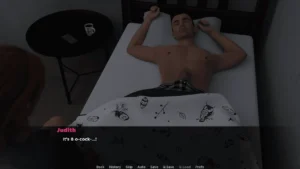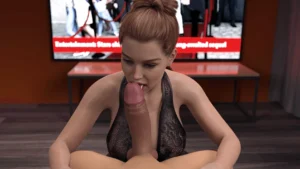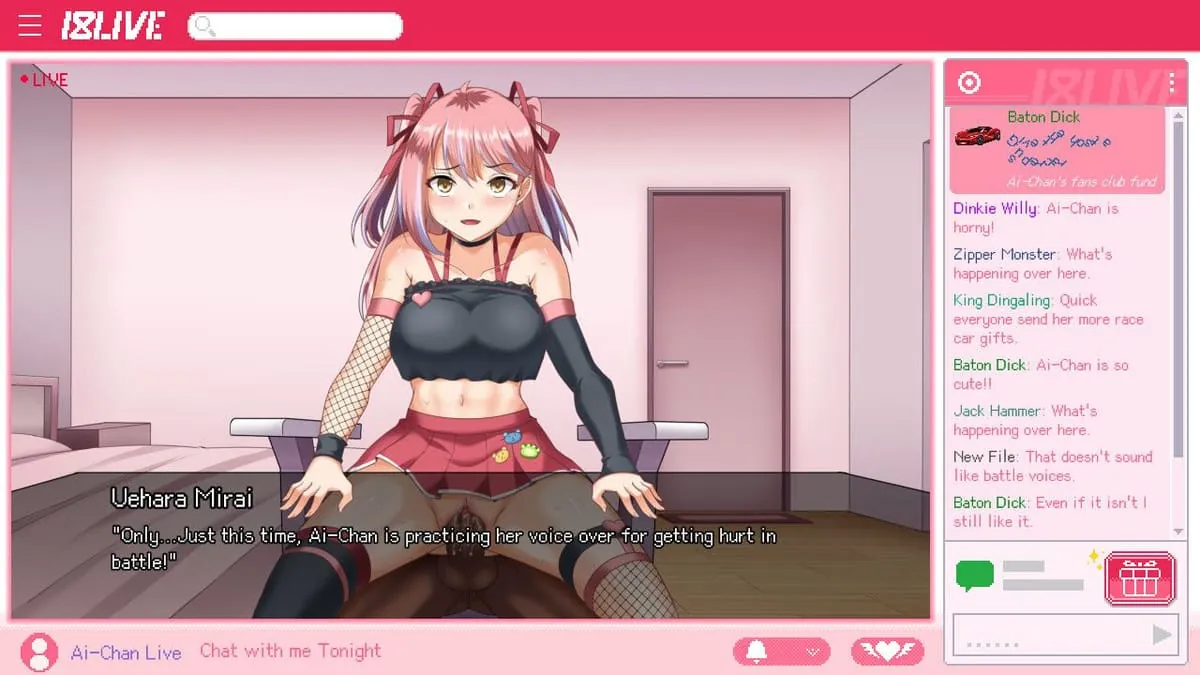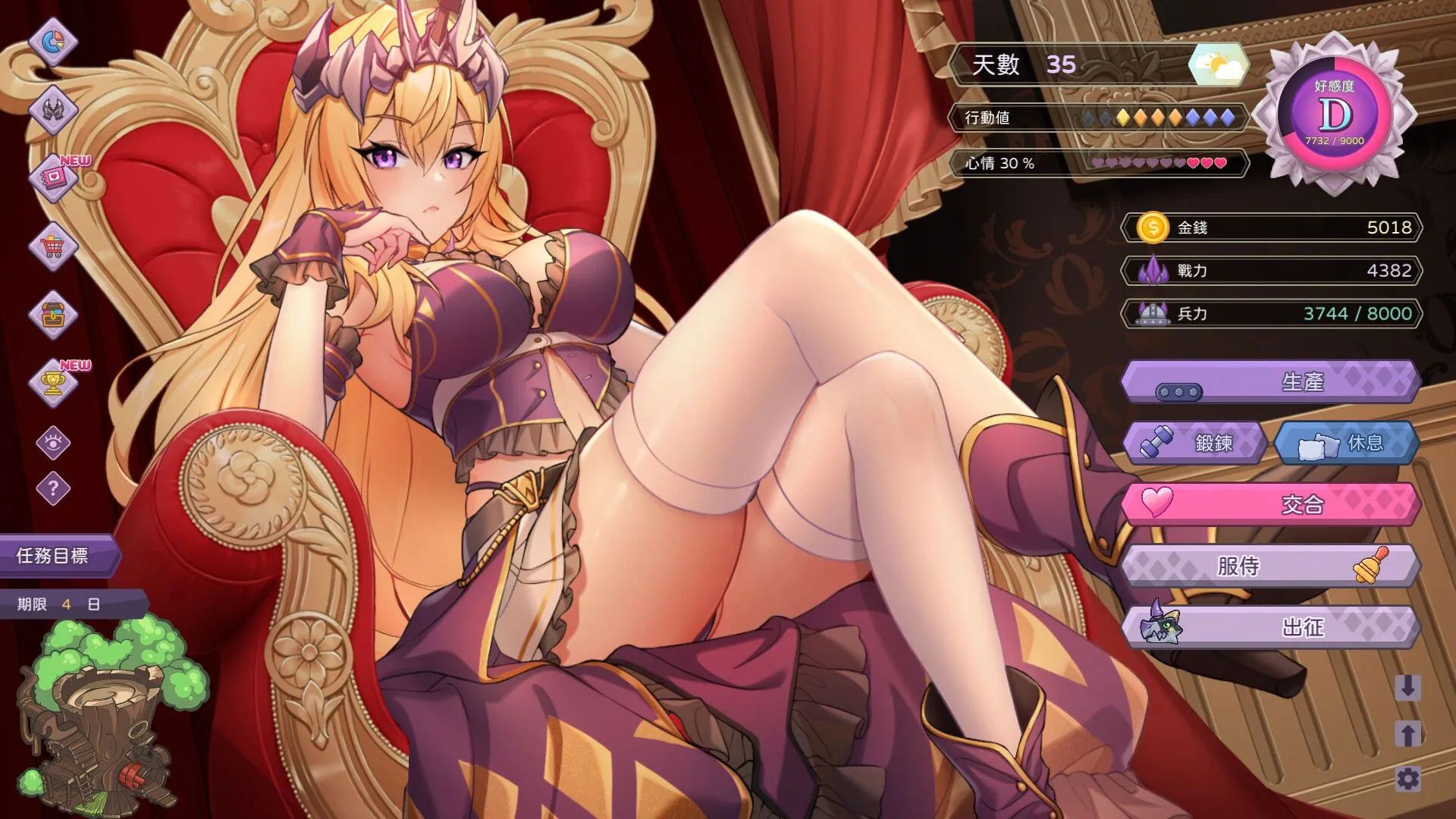
Play Adverse Effects
Adverse Effects review
Exploring Psychological and Social Impacts of Controversial Gameplay
As [Game Name] continues generating debate, players and parents alike wonder: What are the real-world consequences of this controversial title? Through analyzing player experiences and behavioral research, we uncover how this game’s mechanics create unique challenges. Last month, I spoke with a college student whose academic performance plummeted after obsessive gameplay – a story that mirrors many others. Let’s examine the evidence-based risks and practical solutions.
Psychological and Social Impacts of [Game Name]
How Game Mechanics Influence Mental Health 🧠🎮
Let’s cut to the chase: why does [Game Name] feel so hard to put down? 🤔 It’s not just “fun”—it’s designed to keep you hooked. From endless loot cycles 🎁 to FOMO-driven events ⏳, the game’s mechanics are a masterclass in triggering mental health risks like anxiety and compulsive behavior. One player I spoke to (let’s call him Jake) described it as “a treadmill that speeds up every time you try to step off.”
The addiction patterns here are no accident. Unlike traditional games with clear endpoints, [Game Name] uses unpredictable rewards—think randomized loot drops or surprise boss battles—to keep players chasing that next dopamine hit. 🧪 Clinical studies show this “variable ratio reinforcement” is the same trick slot machines use. Short-term, it’s exhilarating. Long-term? It can rewire your brain’s reward system, making real-life achievements feel… meh. 😐
Here’s the kicker: [Game Name]’s unique reward system doesn’t just target hardcore gamers. Casual players get sucked in too, thanks to daily login bonuses that punish skipped days. One mom shared how her 14-year-old started sneaking their phone to bed, terrified of missing a “limited-time skin.” 😳
| Short-Term Effects | Long-Term Risks |
|---|---|
| Excitement from rare rewards | Chronic anxiety or burnout |
| Temporary stress relief | Social withdrawal |
| Increased focus on goals | Reduced motivation offline |
“I’d play until 3 AM, then hate myself the next day. It felt like I was borrowing happiness from future me.” — Anonymous [Game Name] player
Social Consequences for Regular Players 👥💔
Ever tried explaining to your partner why you forgot date night… again? 😬 Relationship strain is a silent killer in gaming communities. Jake (our treadmill friend) nearly lost his job and marriage before realizing his 8-hour nightly sessions were tanking his life. “My wife said I’d ‘check out’ even when I wasn’t playing,” he admitted.
Then there’s the social stigma. Tell someone you’re into yoga or painting, and they’ll nod politely. Mention grinding [Game Name] raids for 12 hours straight? Suddenly you’re a “no-life gamer.” 🏷️ This judgment can isolate players, pushing them deeper into the game’s world for validation.
Case Study: From Compulsive to Balanced
Sarah, a college student, hit rock bottom when her grades plummeted and friends stopped inviting her out. “I’d lie about being busy, then play alone in my dorm,” she says. Her turnaround came with behavioral modification tricks:
– Setting a physical alarm ⏰ to limit sessions
– Joining a non-gaming club to rebuild social ties
– Using parental controls (yes, even as an adult!) to block late-night play
Strategies for Healthier Engagement 🛡️✨
You don’t need to quit cold turkey—small tweaks can make [Game Name] work for you, not against you. Let’s get practical:
-
Time Management Tools 🕒
– Use app blockers like Freedom or StayFocusd to cap playtime
– Sync gaming sessions with natural breaks (e.g., “I’ll stop after dinner”) -
Content Filters 🚫
Turn off FOMO triggers:
– Disable event notifications 🔕
– Mute in-game chat during stressful periods -
Parental Controls (They’re Not Just for Kids!) 👨👩👧👦
[Game Name]’s built-in tools let you:
– Set daily time limits ⏳
– Restrict in-game purchases 💸
– Block explicit content (because yes, even cartoon violence can mess with sleep) -
Behavioral Modification Hacks 🔄
– Reward yourself IRL for logging off: “One hour of play = one episode of my favorite show” 🍿
– Buddy up: Partner with a friend to keep each other accountable 🤝
Pro Tip: If you’re using the game to cope with stress, replace just 10 minutes of playtime with a walk or meditation. Small wins build big changes. 💪
The Bottom Line 🎯
[Game Name] isn’t evil—it’s just really good at its job. 🎮 By understanding its mental health risks and addiction patterns, you can enjoy the ride without losing yourself. Remember: parental controls aren’t about restriction; they’re about freedom. Freedom to play without guilt, connect without stigma, and live a life where the game is just one piece of the puzzle—not the whole picture. 🌟
So, what’s your move? Will you let the grind define you… or redefine how you play? 😉
While [Game Name] presents unique challenges, awareness and proactive measures can mitigate risks. From setting playtime limits to recognizing early warning signs, players have more control than they realize. If you’re noticing negative impacts, try implementing our suggested strategies for three weeks and track changes. Share your experiences in the comments to help others navigate similar challenges.





















